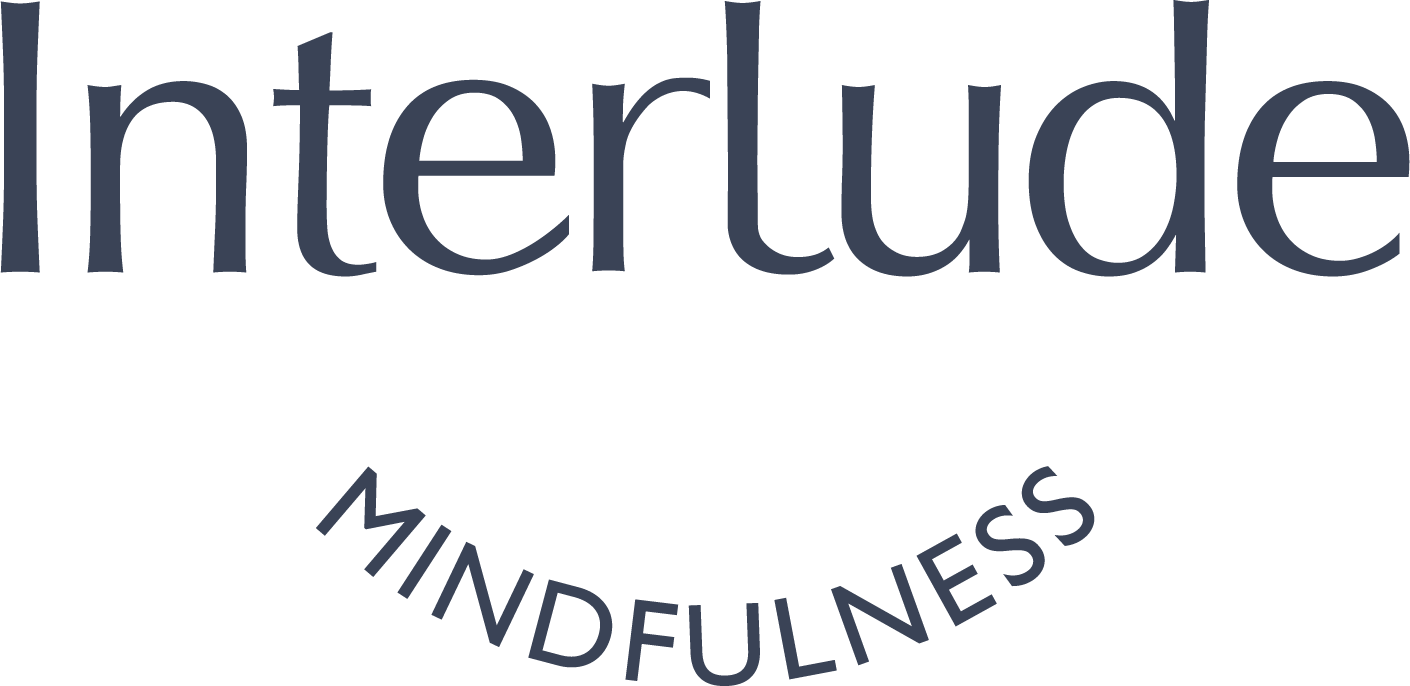Common Questions
What is Mindfulness?
Mindfulness in its simplest terms, is about moment to moment awareness, about intentionally paying attention to what is going on in our lives at the time. We can train our brain to stand back from our experience and observe it while it is taking place, rather than being caught up in thoughts or lost on autopilot. It helps us to see our experiences more objectively and as a result, make better choices. Many of us have quite stressful lives, juggling tasks with work and family, spending much of our time on autopilot. We fail to truly engage in what we are doing presently, lost amongst an ocean of competing thoughts about what we did yesterday or what we’re doing tomorrow. Life, it appears, just passes us by.
Learning to live in the opposite way, a mindful way, adopting simple techniques we can all easily learn, results in many benefits including a sense of inner peace, reduced stress and enhanced performance, to name but a few.
Are you supposed to clear your mind?
Probably one of the biggest misconceptions about mindfulness is that it’s about ”clearing the mind.” Our brains have evolved to make this impossible, they've been designed to think. It’s about giving you something to focus on, noticing your thoughts and emotions as they arise. Once you’ve noticed your mind wandering, you bring your awareness back to your breath or whichever anchor you choose to focus on, over and over again. Every time you do this, you are strengthening your practice and training your mind towards calmness.
Is it a relaxation technique?
Mindfulness is not primarily a tool to help you relax although this is often a by-product of the practice.
Is mindfulness just a fad?
Mindfulness is not new, in fact, it has been at the heart of Buddhist meditation for thousands of years, today however, continued research in neuroscience is proving it to have so many benefits to our mental health that it cannot be overlooked. It is here to stay.
How long should I meditate as I really don’t have the time?
Ideally you will be formally meditating for 10-20 minutes a day, longer if you have the time but most people lead very busy lives and this can be difficult. If you can only manage 5 minutes a day, that’s fine and if you can only 1 minute, then that 1 minute really does count! Hopefully, if you’ve managed to sit down for 1 minute you might be able to manage a couple more. Research suggests that the length of time is less important than your consistency, so it is good try to be still each day where possible.
Is it just for people who are stressed?
Anyone can benefit from being more mindful as it opens us up to appreciating the here and now, it also helps us to focus, concentrate and be more empathetic.
Do I need to sit cross legged in lotus position?
Only if you really want to! It can be done sitting in an upright chair, lying down, walking down the street or even whilst brushing your teeth or having a shower.
Is it religious?
No, it is a secular practice however many religions do have some form of meditation.
Will mindfulness change me into a hippy?
Absolutely not, sports stars and film stars are benefiting from it, and it is practised in government, hospitals, prisons, schools and some huge corporate companies.

